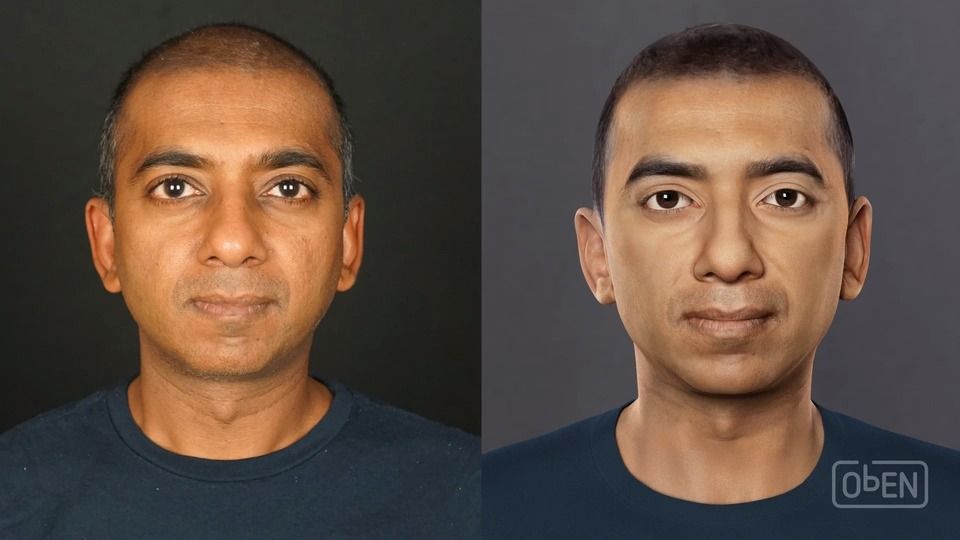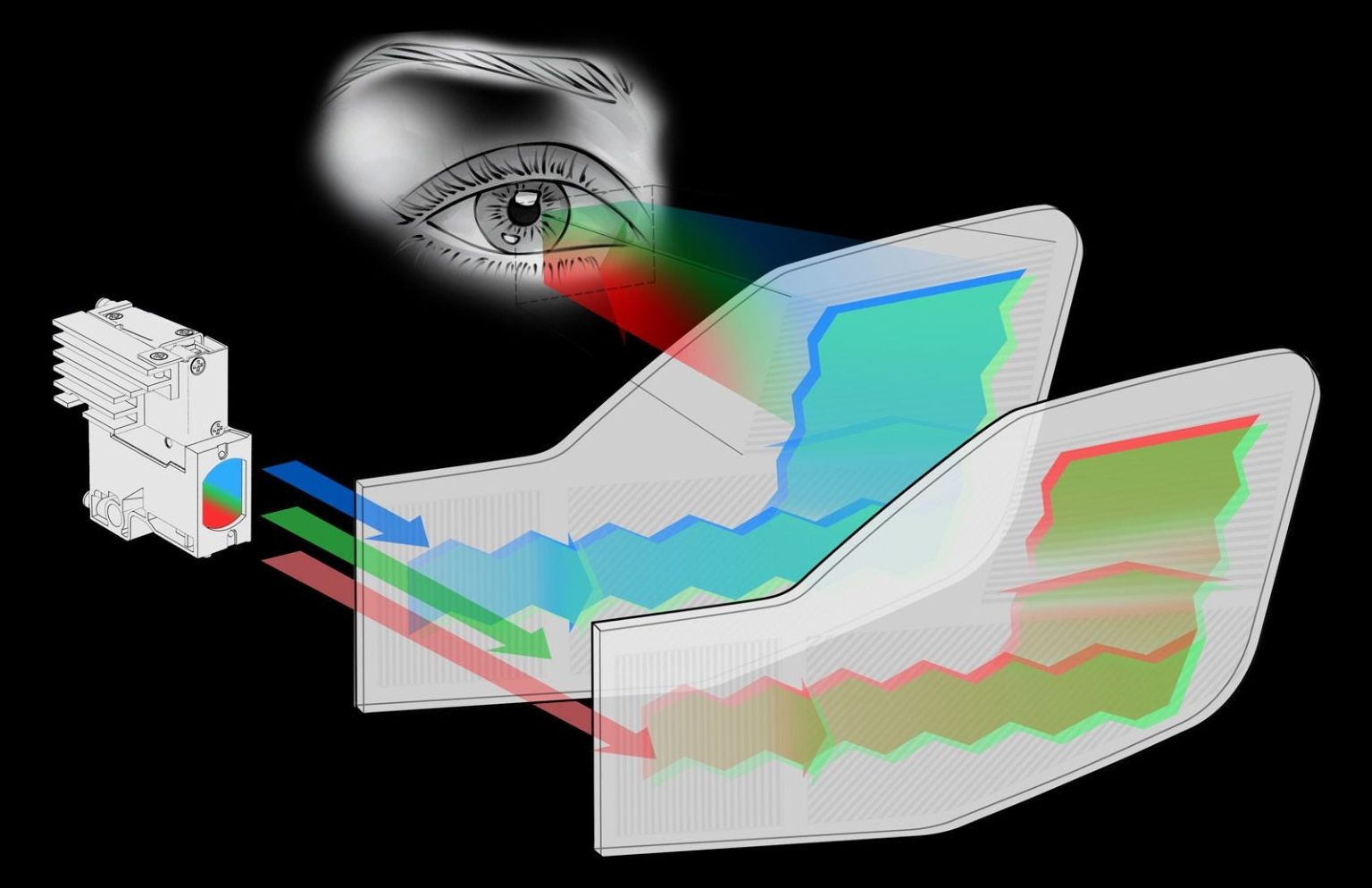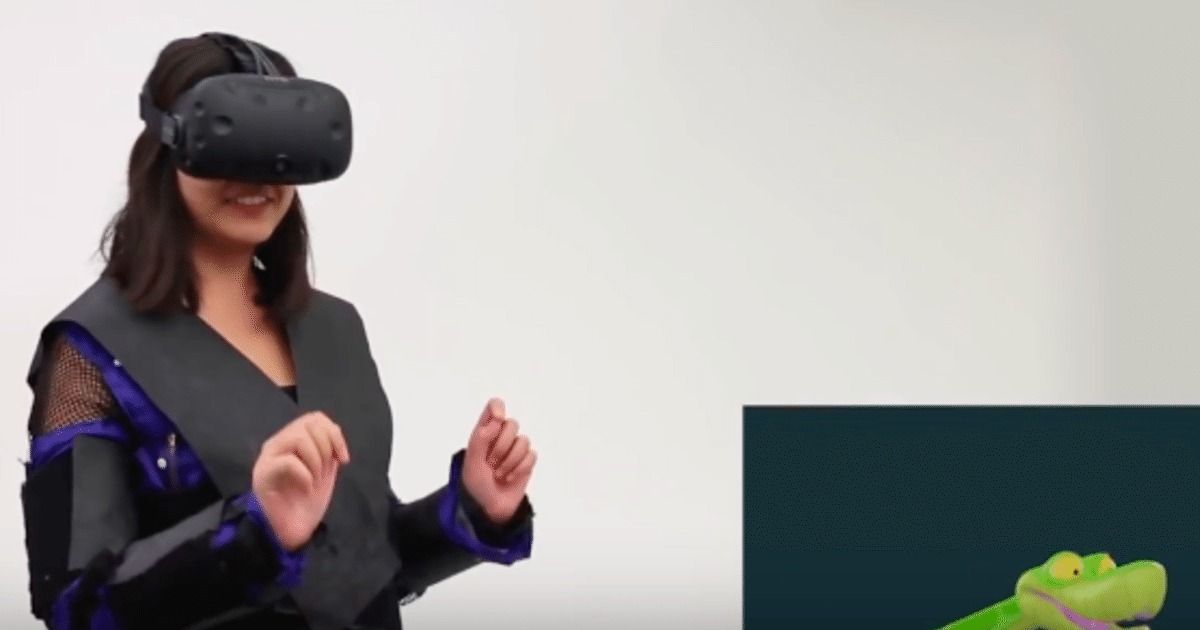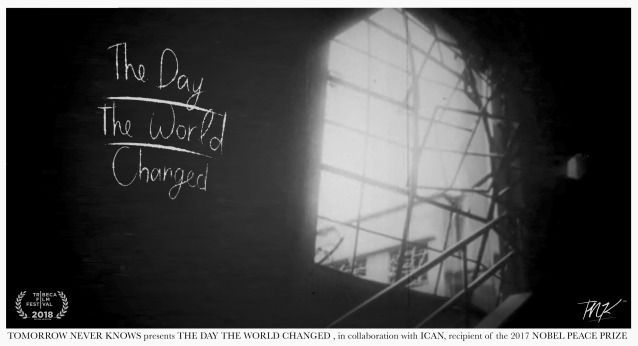Ever wish you could visit other planets in our solar system without launching on a deep-space mission? Now you can embark on an interplanetary adventure right from the palm of your hand, thanks to gorgeous, 3D-printed planet models and an augmented-reality (AR) app.
Brought to you by AstroReality, the same company that created the “Lunar” AR moon model and its new Earth counterpart, this set includes miniature models of all eight planets and one model of the dwarf planet Pluto. Each model is 1.2 inches (3 centimeters) in diameter and color-printed with a resolution of 0.1 millimeter per pixel.
Without the AR app, you can admire detailed features such as Pluto’s “heart” and Jupiter’s Great Red Spot. But the real extraterrestrial adventure begins when you open the AstroReality app (available for iOS and Android) on your mobile device and point the camera at any of the nine models. [Our Solar System: A Photo Tour of the Planets].



